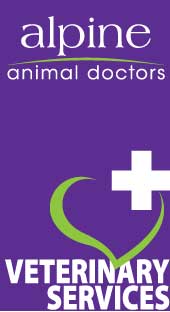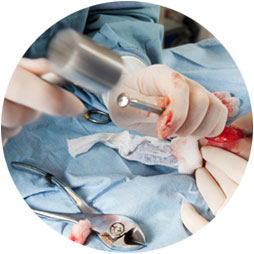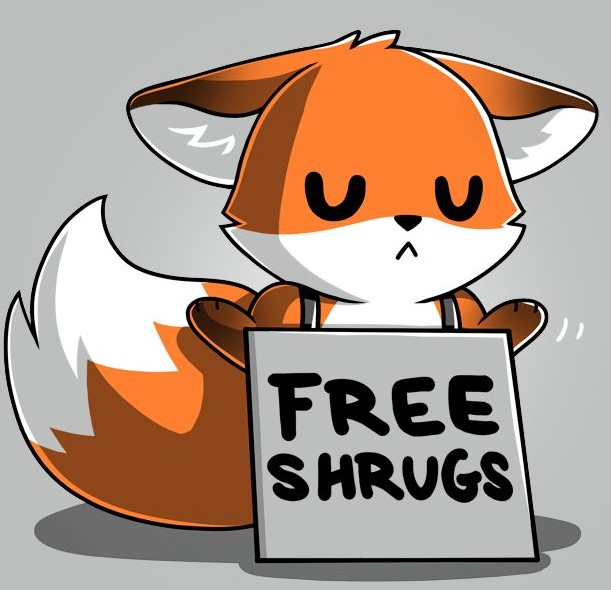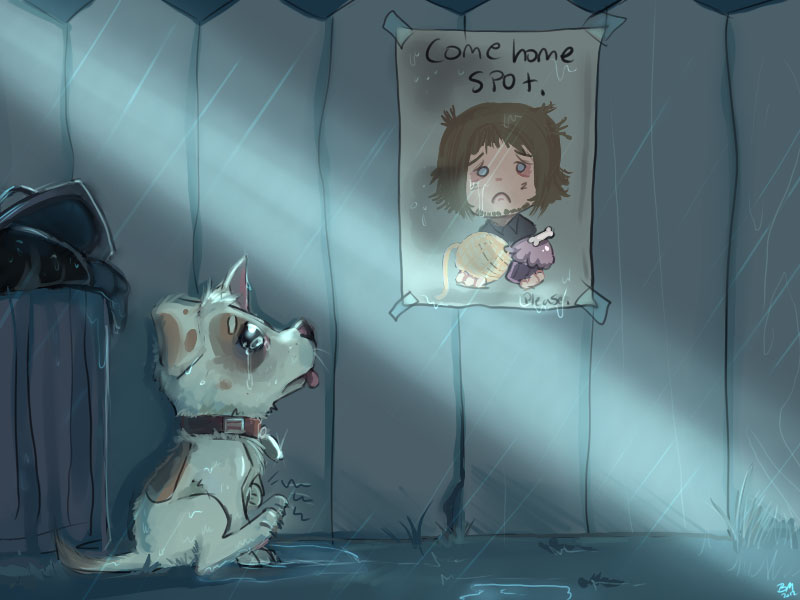alpine animal doctors veterinary services
ORTHOPAEDIC
SURGERY

For more information or to make an appointment for this service please call...
5756 2444
- Monday: 8.30 to 5.30
- Tuesday 8.30 to 5.30
- Wednesday: 9 to 1
- Thursday: 8.30 to 5.30
- Friday: 8.30 to 5.30
- Saturday: 9 to 1
- Sunday: Closed
7047 Great Alpine Road,
Porepunkah, VIC 3740
Orthopaedic surgery at Alpine Animal Doctors
Alpine Animal Doctors specialise in orthopaedic surgery. Whether it is a simple fracture, a complex bone plating or a complete knee reconstruction our surgical facilities are equipped to deal with even the most arduous of orthopaedic operations.
Dr. Bek has a special interest in orthopaedic surgery and many years experience, collaborating with colleagues around the world to help advance the practice of this vital branch of veterinary surgery. She has been invited to assist Dr Wing Tip Wong, Consultant Surgeon in Orthopaedics and Neurosurgery at the University of Melbourne and collaborates with peer groups at the University of Pennsylvania and at Michigan State University.
Utilising our custom-built surgical suite and our extensive diagnostic and radiology facilities, the hospital undertakes surgery to deal with traumatic fractures, inherited orthopaedic conditions such as hip and elbow dysplasia as well as developmental problems such as cruciate ligament ruptures, patellar luxation, and bony deformities of the limbs.
We use only the finest Stryker tools in our orthopaedic procedures. In many veterinary surgeries tools such as bone saws, drills and chisels will be sterilised and re-used after surgery, sometimes twice, sometimes considerably more.
In our hospital all of our surgical tools are used once and then discarded. We insist on this because while the medical grade stainless steel used in the manufacture of these tools is of very high quality, despite sterilisation it is still possible for bacteria to remain viable in very tiny nicks and scratches in the steel. In keeping with our strict hygiene protocols we will not risk the possibility of cross-contamination affecting your precious pet.
We pride ourselves not only on our exceptional surgical facilities but also on the very strict protocols we have in place to maximise the safety and wellbeing of your fur babies during any operation. While we can never completely eliminate the risks inherent in any surgical procedure we go much further than most veterinary clinics in our efforts to ensure the best possible surgical outcome for your pets.
Prior to surgery all our patients receive a thorough health check. In our own in-house pathology lab blood tests and other appropriate pathology are run to check internal organ function and to establish a health baseline. These tests allow us to more precisely refine the type and level of sedation, induction and gas anaesthetics your pet will need during their operation.
For maximum hygiene our surgical prep area — where your pet will be sedated, clipped and shaved — is separate to the operating theatre. All surgical instruments are sterilised before and after use in a separate scrub and pack area and everything to be used in the procedure, including swabs and sutures, is counted before and after surgery.
The surgical suite itself is a closed, sterile environment with its own climate control and air filters. Our anaesthesia gas lines are also fitted with viral and bacterial filters to eliminate the possibility of cross-contamination.
Our ‘standard’ gas anaesthetic is the tried and trusted isoflurane. We are however more and more recommending the use of sevoflurane, particularly for senior animals and for very ill patients. Sevoflurane is rapidly metabolised and very quickly removed from the body once the gas is turned off. We have had remarkable results using it, with animals up and about and back to normal within minutes.
During surgery your pet will be intensely monitored, both by an experienced theatre nurse and by electronic monitors that provide detailed information on heart rate, breathing rate, blood pressure, ECG, oxygen levels and the type and amount of anaesthetic agent. This critical information allows the surgeon to note the very slight changes in blood pressure and ECG that can indicate impending issues, even though the patient may appear perfectly fine to the naked eye.
Once the operation is over your pet will be transferred to either our day surgery recovery ward or our Intensive Care Unit. In both wards all patients enjoy a quiet space to recuperate, and are constantly monitored during their recovery.
All our surgical patients are routinely given pain relief and long-acting antibiotics to ensure their comfort and post operative welfare. The pain relief provides 24 hours of active cover and the antibiotics continue to protect your pet whilst they are convalescing.
Our operating theatre is at least as well equipped to undertake even the most complex orthopaedic surgery as most regional hospitals used by people. We believe that your pets deserve the same level of care as you would want for yourself. At Alpine Animal Doctors, that’s exactly what they will receive — highly skilled, professional surgical care in facilities at least as good as those found in university teaching hospitals.



